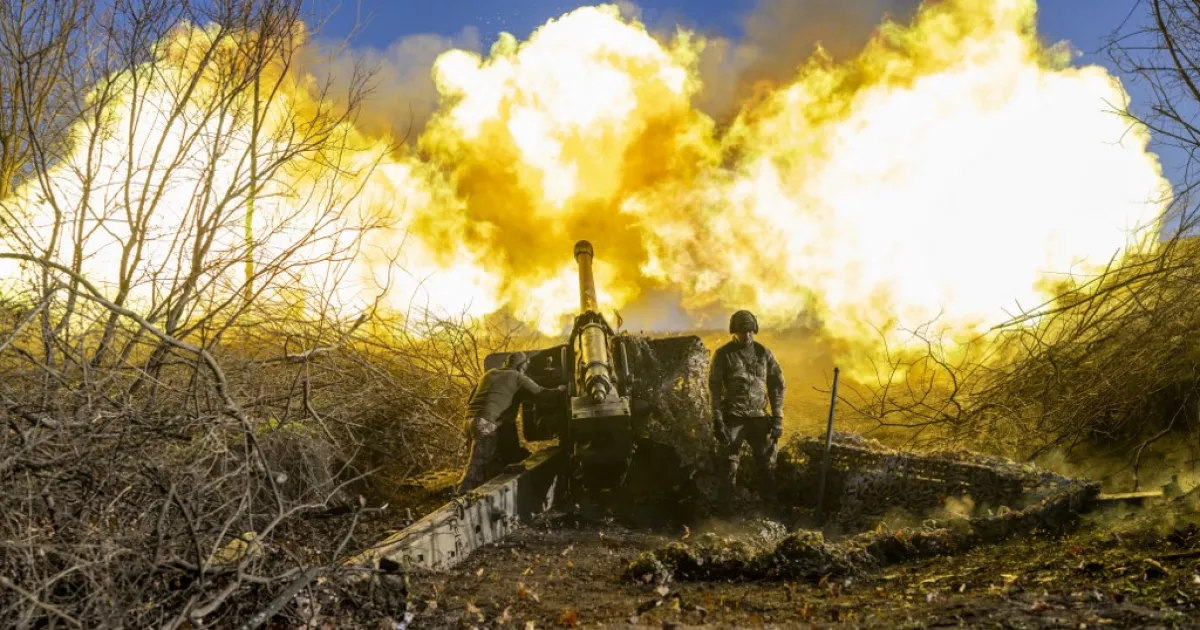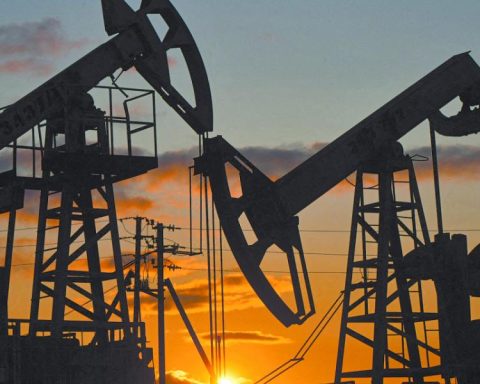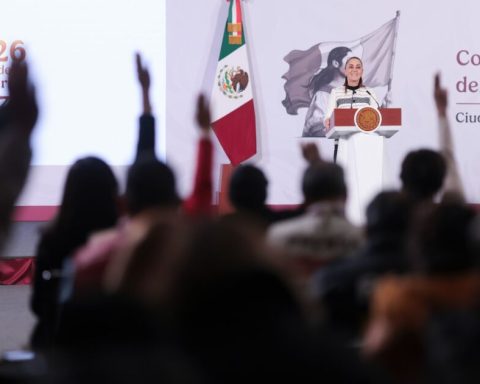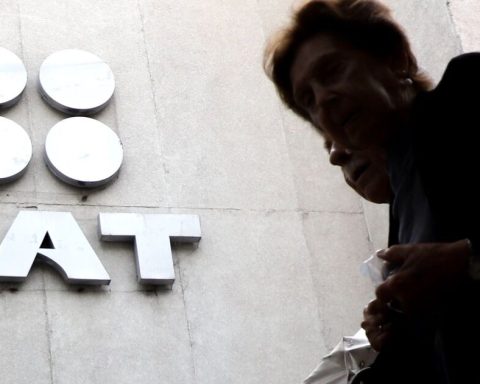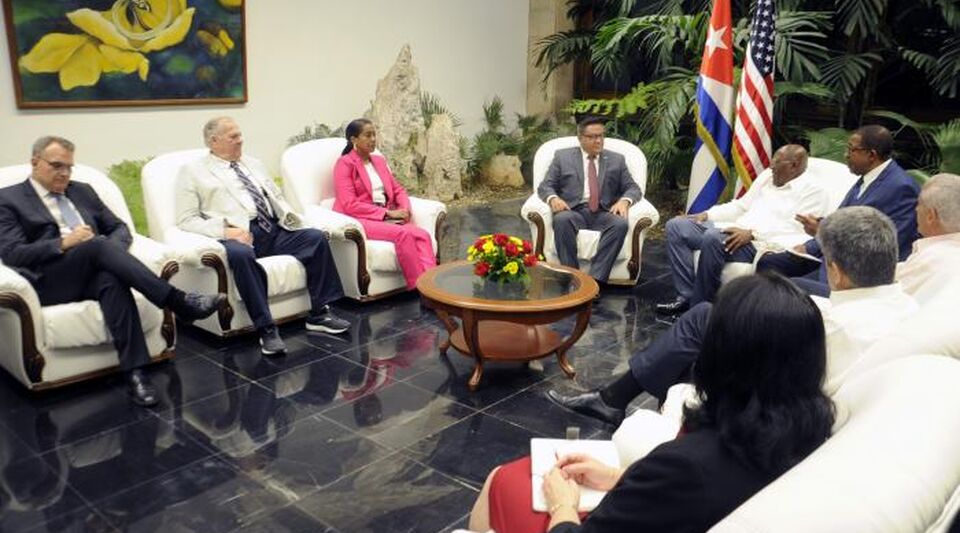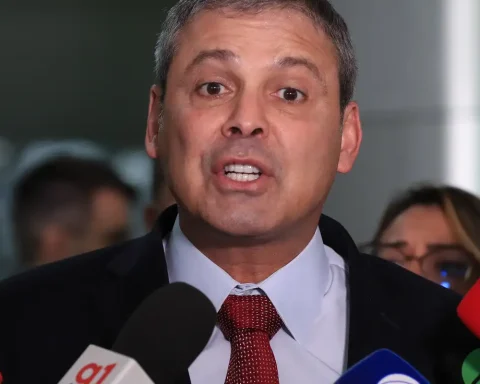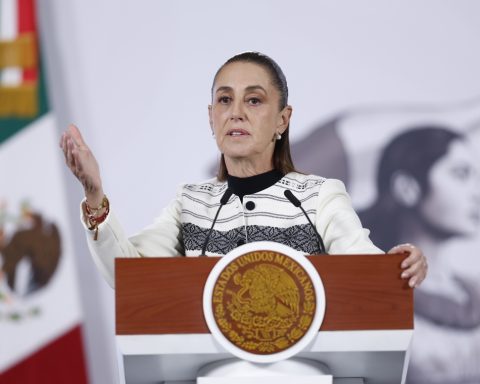In a context of war in Ukraine, “growth is at half mast, high inflation is persistent, confidence has deteriorated and uncertainty is high,” notes the Paris-based organization.
For its interim chief economist, Alvaro Santos Pereira, “the world economy is experiencing its most serious energy crisis since the 1970s,” which triggered inflation “to unprecedented levels in several decades” and hampered growth.
The increase in prices should reach an average of 8% this year in the G20 countries, which brings together the main economies of the planet, before falling to 5.5% in 2023 and 2024, according to OECD projections.
The most likely scenario for next year “is not a global recession, but a clear slowdown in the world economy, as well as inflation that remains high but is falling in many countries,” explains Santos Pereira.
Regarding Latin America, the report estimates that its main economies performed “better than expected in 2022, especially for food and energy exporters”, but that the rebound will lose “strength” in 2023 and 2024.
The agency estimates that this 2022, Mexico’s GDP will grow 2.5%, and then slow down to 1.6% next year.
The US economy will hold up better as growth is expected to slow from 1.8% this year to 0.5% in 2023, before rising to 1% in 2024. The OECD had previously forecast an expansion of just 1.5% this year. in the world’s largest economy, and its estimate for 2023 remained unchanged.
China, which is not a member of the OECD, was one of the few major economies expected to resume growth next year, following a wave of COVID lockdowns. The expansion in this country will go from 3.3% this year to 4.6% in 2023 and 4.1% in 2024, compared to previous forecasts of 3.2% in 2022 and 4.7% in 2023.
The OECD justifies it in a hardening of the situation, the withdrawal of tax aid and a reduction in the price of raw materials. On inflation, this “will gradually recede” after approaching “probably” its current maximum.
The economic organization advocates continuing with a tightening of monetary policy to “fight inflation” and considers that fiscal support “should be more specific and temporary.”
“Accelerating investment to adopt and develop energy sources and clean technologies will be crucial to diversify supply and guarantee energy security,” adds the economist.
The OECD works to boost economic growth and international trade and its 38 member countries –among them Mexico, Chile, Colombia and Costa Rica– represent 60% of world economic output.
With information from AFP and Reuters
